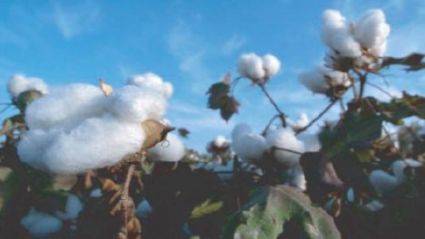
Rising demand for organic cotton has lead to an assortment of questions, why is the organic cotton better in comparison to its unadventurous counterpart. The notion behind is revealed, World Health Organization (WHO) claims, 20,000 deaths occur each year from pesticide poisoning in developing countries, many of these result from cotton farming.
Here is a little gist into the two forms:
Comparison
Organic cotton is a better version of its conventional counterpart, grown without pesticides, herbicides, insecticides, and chemical fertilizers, it is hugely different, especially considering that cotton provides about half of the world’s fiber needs. Cotton uses up 10% of all global agriculture chemicals, 25% of insecticides and 10% of pesticides by value, on just 3% of all arable land. Yet, environment friendly organic cotton is grown in only 18 countries and makes up less than 0.1% of total global cotton production.
Upholds fertility
Sustaining the land it grows on, the people who grow and harvest it and the planet in general. To keep the soil fertile, healthy and productive, frequently crop rotation practices are encouraged. Conservative farming uses chemicals to eradicate all insects wherein organic farmers cultivate a diversity of natural enemies which prey on insect pests, and lure pests away from cotton by planting trap crops. This practice helps maintaining a balance with well-timed introduction of beneficial insects to fields.
Harvesting
Cotton plant must be destroyed to pick a quality crop before the onset of winter rains and this problem is always faced in warmer regions. To overcome such a situation organic growers shut off water early, and apply certified materials to promote cotton boll opening and leaf dropping, readying the fibers for harvest.
Health
Conventional farming hampers people’s health and surrounding livestock, toxic chemicals mix up with water sources in the locality. The air gets contaminated and spreads epidemic. Whereas, workers aren’t exposed to breathing or otherwise ingesting toxic chemicals while active in the organically cultivated field, and don’t have to worry about the same nasty chemicals getting into their water supply if they live nearby. They can raise healthier children and livestock, and everyone is happier.

Brands preferring organic
When it comes time to put it on, many believe that organic cotton is softer and easier on the skin (though we don’t have any scientific data).There isn’t any chemicals that might disagree with your skin. This extra comfort is an added bonus when considering all benefits for the planet and its people, and the result is that organic cotton has been growing at a very commendable pace.
via: Treehugger




